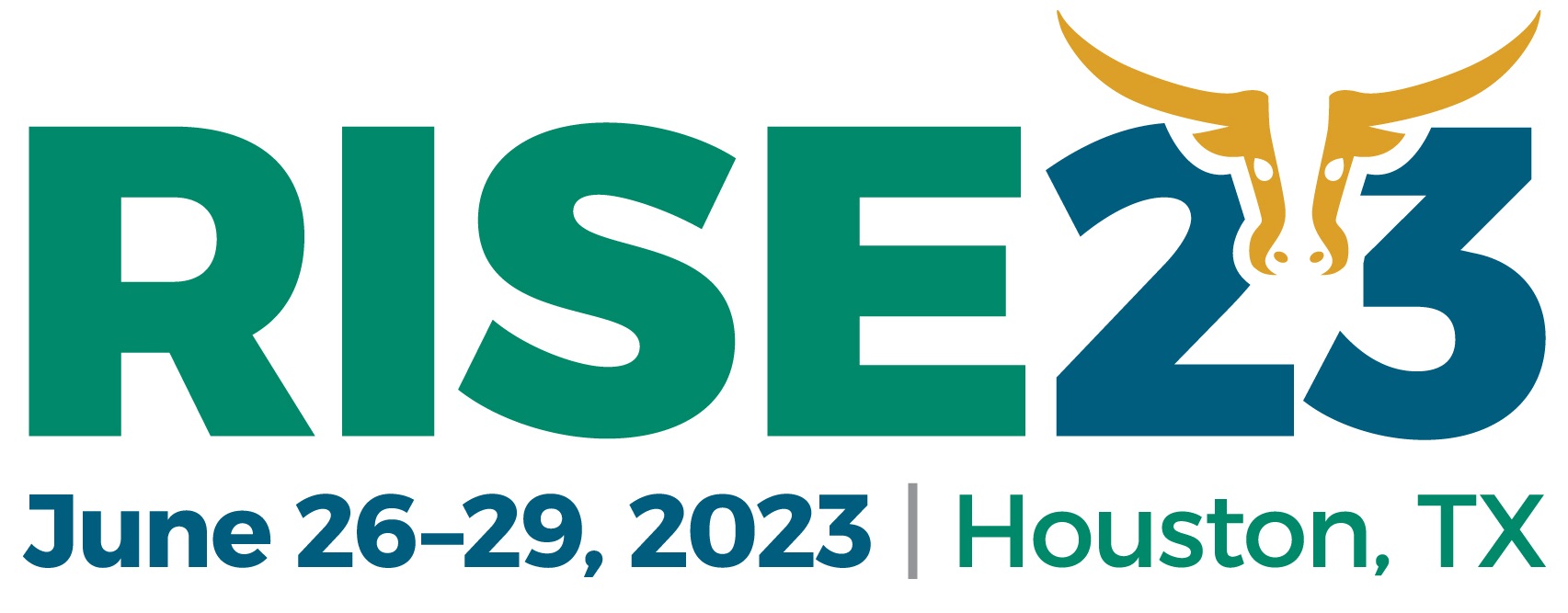KAREN FRIEDMAN: Hi. We're here today with Mary Kay. Mary Kay, could you please introduce yourself?
MARY KAY HUDSON: Good morning. My name is Mary Kay Hudson. I am the Executive Director for the Indiana Office of Court Services, which is an agency of the Office of Judicial Administration in the Indiana Supreme Court.
KAREN FRIEDMAN: Awesome. So, how have you seen treatment courts grow and evolve?
MARY KAY HUDSON: So personally, I started working in a treatment court in 1998. I was a Drug Court Coordinator in a local jurisdiction in Indiana. And from there, in 2002, the State of Indiana adopted some legislation around drug courts, which was a reflection of some of the things that were happening at the national level in drug courts specifically.
So then, in 2002, I became the State Drug Court Coordinator and began working with trial courts across the state to develop and implement treatment courts, drug courts at the time. We were very small. When I took over, we had 14 treatment courts in our state, and that was probably pretty comparable to what was happening around the country.
And then over the course of the last three decades, we've just seen a tremendous growth of all treatment court models—drug courts being the first—the expansion to veterans treatment courts, family recovery courts, reentry courts. And it's just been a really tremendous thing to watch, the acceptance of substance use disorder as a treatable condition and for us to be able to provide that support to the trial courts in our communities.
KAREN FRIEDMAN: Awesome. So why is it important for states to adhere to best practices and standards?
MARY KAY HUDSON: Well, when I started with treatment courts, we didn't have anything to rely on other than what we knew about evidence-based treatment and some of the legal parameters in which we were working. So we really had to be creative. And, in some cases that worked really well and we saw lots of really good outcomes. And in some cases we didn't see the results that we would've hoped for, for certain populations.
But over time, we've been able to do a tremendous amount of research in treatment courts to learn about what works. And courts have been very eager to not only participate in those types of studies, but eager to consume the information that we are gleaning from those studies, so that they can put into—things into practice that are going to improve outcomes for their—the people who they serve in their communities.
Absent a willingness for courts—willingness of courts to do that, we find ourselves in a position where we may not be getting outcomes, positive outcomes, we may be doing harm to certain individuals. So it's really important for us to not only do the research, learn about what works well, and provide the support to communities to be able to do that. And that's where organizations like All Rise, or even State Court Administrators can provide that level of support to the trial courts.
KAREN FRIEDMAN: What role do treatment courts play in an individual's journey to recovery from substance use?
MARY KAY HUDSON: Having been a Supervision Officer prior to my current role with the Office of Judicial Administration, and talking to persons who participated in the programs—either pre-drug court or as I became involved in drug court routinely—we would hear that the support, that the court, the judge specifically, and other team members can provide to that individual in getting through—getting engaged in those early days of treatments, staying in treatment, getting access to other services and supports is really essential.
And while not everyone is appropriate for treatment court participation, we know that certain individuals who are justice-involved will do better in this environment. And if you listen to graduates—some of the graduates we've seen at various conferences who have spoken have pointed out specifically certain members of the team who have led them along their journey into recovery, who have supported them in that process and what that meant to them and how important it was to them because they'd had prior attempts at treatment that were less successful.
KAREN FRIEDMAN: Yeah. Why are treatment courts so essential for providing justice in communities nationwide?
MARY KAY HUDSON: I think it's important for us to have a continuum of services available to individuals who are in the justice system, so that we can be sure that what we are doing—if we're focusing on rehabilitation or habilitation—that what we're doing is going to be in service for the long term for the community and for the individual.


